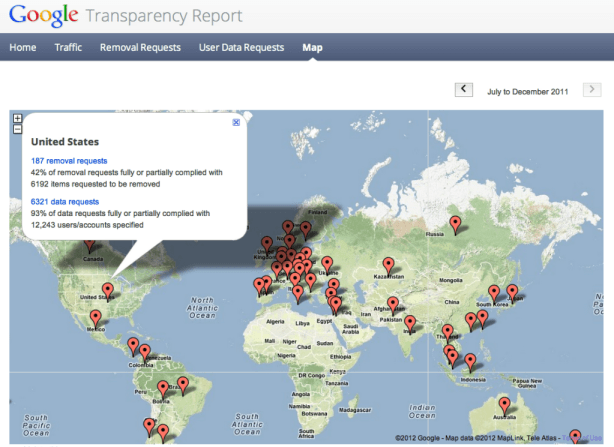
If you’ve been following this site for a while, you’ll remember my
experiment earlier this year with posting pictures of wine, bike rides, and other “life” things. Many of you liked those posts, others, not so much. (Here’s one
example.) My reason for posting these photos was pretty simple – I prefer to have my content emanate from my own site, rather than be bound to Facebook, Pinterest, Instagram or some other third-party walled garden. If I could figure out a way to post stuff to my own site, then I’d share it out to those services, but keep the content firmly planted in what I call “
The Independent Web.”
But I knew not all of you wanted to hear about my rides or consumption of wine, so I created feeds that filtered out the non-work related stuff. Alas, that wasn’t enough. I heard from a lot of you that you didn’t like my site clogged up with the pictures, and I don’t blame you. Having a website should mean having flexibility, so I’ve created a section of the site, which I’m calling “Four Letter Words,” for posting personal stuff. You can find it here.
The main RSS feed for Searchblog will include only posts that are *not* tagged with “Four Letter Words,” and the main site will only display my typical industry-related stuff. But if you want to check out the other side of my life – one of my favorite four letter words, along with life, wife, kids, bike, and wine – check it out. And thanks for coming. Means the world to me.









